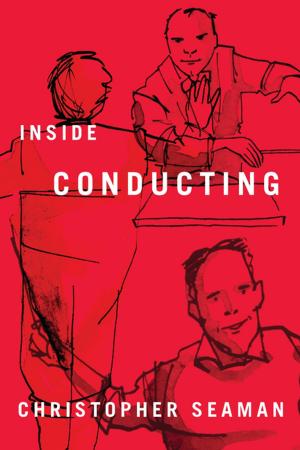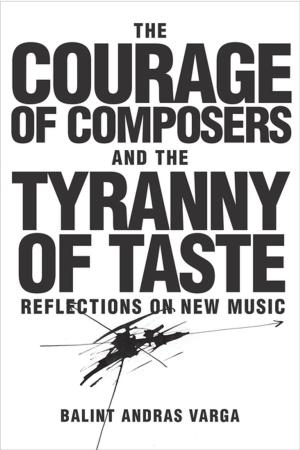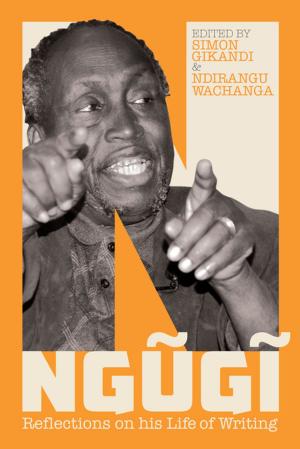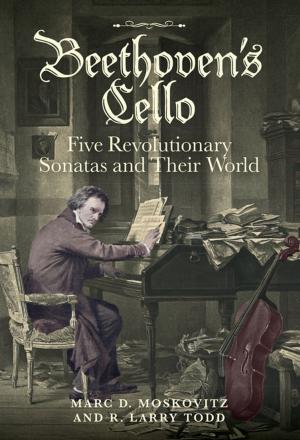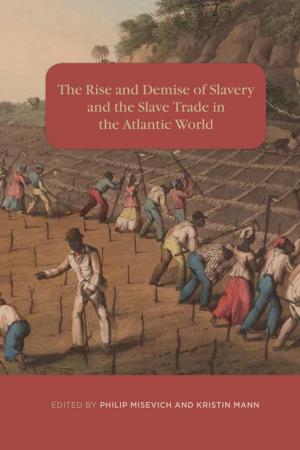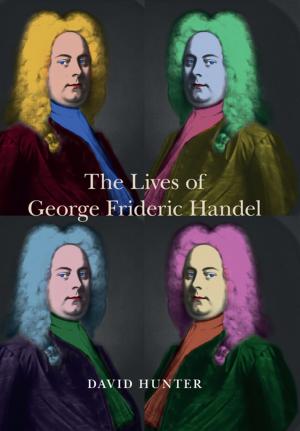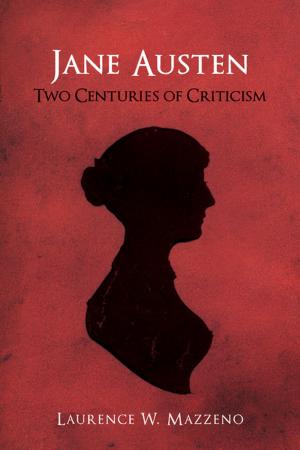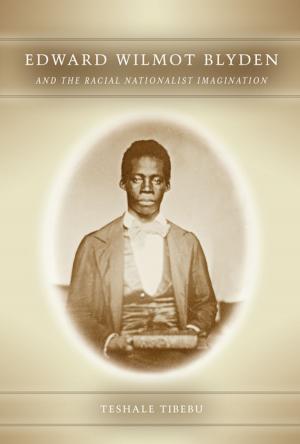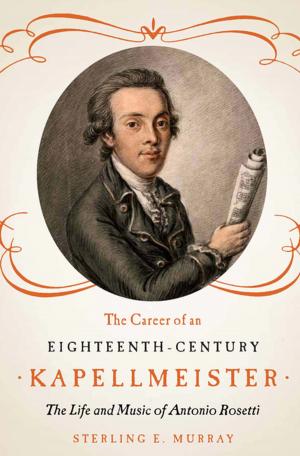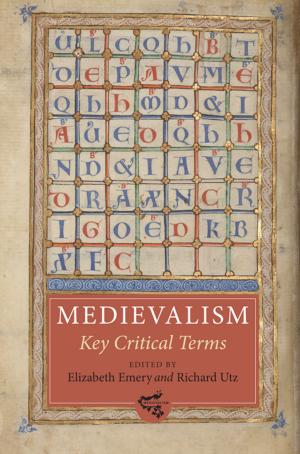Benjamin Britten and Russia
Nonfiction, Entertainment, Music, Music Styles, Classical & Opera, Classical| Author: | Cameron Pyke | ISBN: | 9781782048053 |
| Publisher: | Boydell & Brewer | Publication: | August 18, 2016 |
| Imprint: | Boydell Press | Language: | English |
| Author: | Cameron Pyke |
| ISBN: | 9781782048053 |
| Publisher: | Boydell & Brewer |
| Publication: | August 18, 2016 |
| Imprint: | Boydell Press |
| Language: | English |
This book explores Benjamin Britten's creative relationship with Russia throughout his life by examining his engagement with Russian composers, musicians and writers in the context of twentieth-century politics. The remarkable relationship between Britten and Shostakovich is a central theme, but it also evaluates other key influences, particularly Britten's passion for Tchaikovsky, his more elusive fascination with Prokofiev, and his ambiguous attitude towards Stravinsky; and it places Britten's enduring friendships with Rostropovich, Vishnevskaya and Richter in the context of his musical output. The book also analyses Britten's responses to various Russian composers and musicians - why, for example, did he dislike Musorgsky? - and considers personal and political perceptions of Britten in the Soviet Union. Finally, it assesses the wider question of Russian influence on Britten's works and in turn whether Britten's music had any influence on the younger generation of Russian composers, such as Alfred Schnittke. This study draws on Foreign Office and British Council files at the National Archives, published and unpublished material from the former Soviet Union, including the Shostakovich Family Archive, and oral history, in addition to the Britten-related archives. Benjamin Britten and Russia will appeal not only to Britten scholars and students but also to those interested in twentieth-century culture, history and politics more widely. CAMERON PYKE is Deputy Master (External) at Dulwich College and part-time lecturer at the Centre of Russian Music, Goldsmiths, University of London.
This book explores Benjamin Britten's creative relationship with Russia throughout his life by examining his engagement with Russian composers, musicians and writers in the context of twentieth-century politics. The remarkable relationship between Britten and Shostakovich is a central theme, but it also evaluates other key influences, particularly Britten's passion for Tchaikovsky, his more elusive fascination with Prokofiev, and his ambiguous attitude towards Stravinsky; and it places Britten's enduring friendships with Rostropovich, Vishnevskaya and Richter in the context of his musical output. The book also analyses Britten's responses to various Russian composers and musicians - why, for example, did he dislike Musorgsky? - and considers personal and political perceptions of Britten in the Soviet Union. Finally, it assesses the wider question of Russian influence on Britten's works and in turn whether Britten's music had any influence on the younger generation of Russian composers, such as Alfred Schnittke. This study draws on Foreign Office and British Council files at the National Archives, published and unpublished material from the former Soviet Union, including the Shostakovich Family Archive, and oral history, in addition to the Britten-related archives. Benjamin Britten and Russia will appeal not only to Britten scholars and students but also to those interested in twentieth-century culture, history and politics more widely. CAMERON PYKE is Deputy Master (External) at Dulwich College and part-time lecturer at the Centre of Russian Music, Goldsmiths, University of London.

